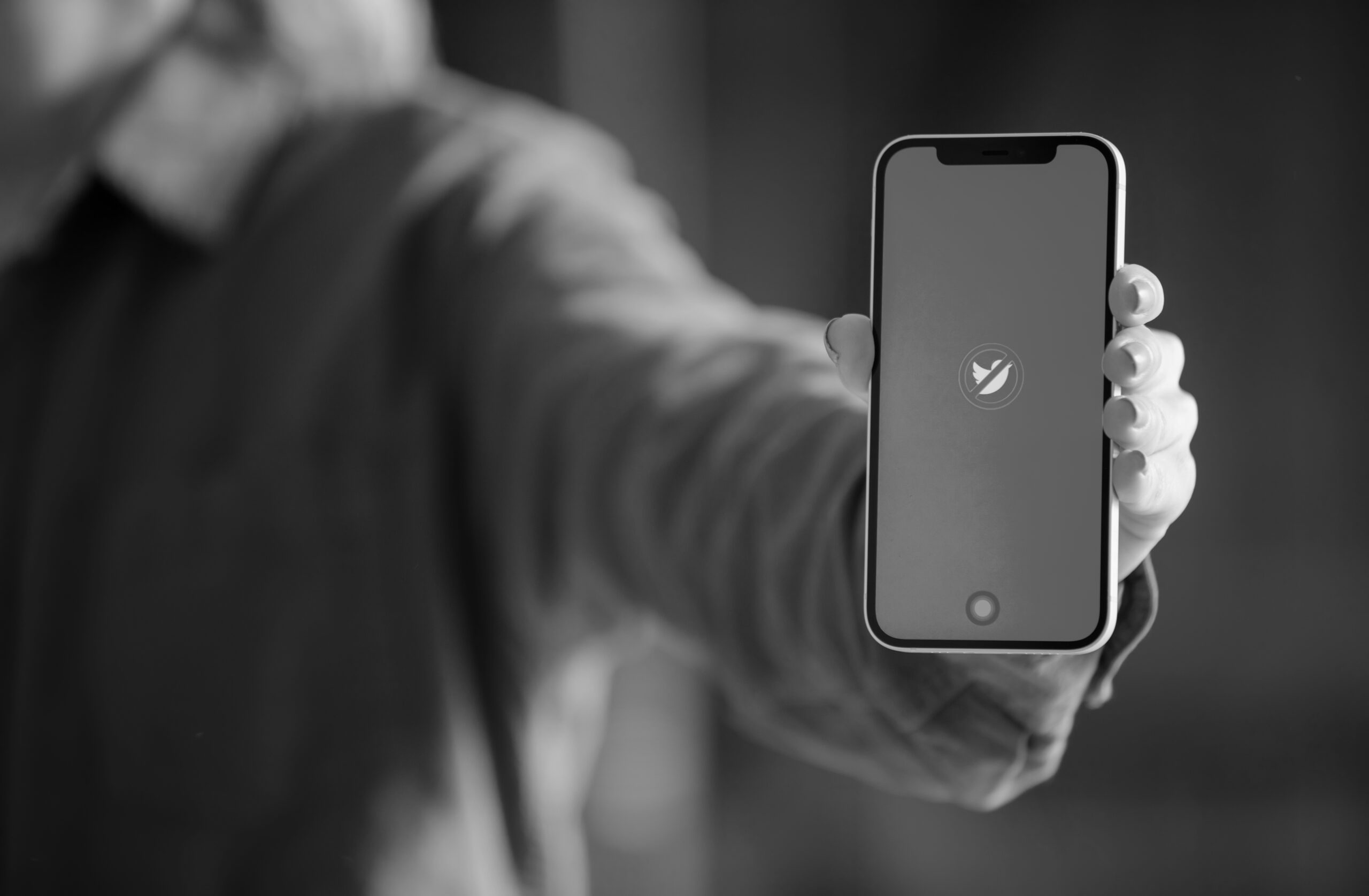Africa
-
Twitter: From Microblogging to a Human Right

Tags Share Over the last several years, social media platforms have evolved from mere communication applications to consequential social impact drivers used by about 4.6 billion subscribers globally including everyday people, traditional media, businesses, politicians, governments, civil society, and even terrorists. Courts around the world have even classified social media as integral to the exercise
-
International Organizations Condemn the Shutdown of Ugandan Organization Sexual Minorities Uganda (SMUG), Call for Authorities to Reverse the Decision Immediately
Tags Share The undersigned organizations strongly condemn the decision to shut down the operations of Sexual Minorities Uganda (SMUG), a leading non-governmental organization committed to protecting and advancing the human rights of LGBTQI+ individuals in Uganda. We call on the Ugandan government to reverse this decision, and to bring an end to the longstanding persecution
-
Egypt: Robert F. Kennedy Human Rights Welcomes the Release of Ahmed Samir Santawy
Tags Share Egyptian researcher Ahmed Samir Santawy was finally released from prison on July 30, 2022 after a presidential pardon was issued. Robert F. Kennedy Human Rights is elated to see Santawy finally released, although he should have never been imprisoned and convicted in the first place. This pardon comes after an Egyptian State Security
-
Nigeria #TwitterBan: RFKHR, SERAP host Twitter Spaces on ECOWAS court ruling

Tags Share On July 15, Nigerians on social media converged on a Twitter Spaces conversation organized by the Social Economic Rights Accountability Project (SERAP) and Robert F. Kennedy Human Rights to discuss details of a ruling by the Economic Community of West African States (ECOWAS) Community Court of Justice that declared last summer’s Twitter ban
-
Victory for Online Expression in Nigeria

Tags Share In a victory for freedom of expression, the Economic Community of West African States (ECOWAS) Community Court of Justice delivered a pivotal decision in the cases filed by the Social Economic Rights Accountability Project (SERAP) & other organizations including Media Rights Agenda and Media Defence challenging the Nigerian government’s Twitter ban. The suit
-
RFK Human Rights Condemns the Resentencing of Egyptian Researcher Ahmed Samir Santawy and Calls for His Immediate Release

Tags Share On July 4, 2022, an Egyptian State Security Emergency Misdemeanor Court again sentenced researcher and academic Ahmed Samir Santawy to three years in prison on unfounded charges of “spreading false news.” We at Robert F. Kennedy Human Rights strongly call on President Abdel Fattah El-Sisi and the Egyptian government to end the continuing
-
Cameroon: Amid deadly conflicts, activists Ngo Mbe and Nkongho inspire hope for closing civic space

Tags Share As the rest of the world welcomed a new month on June 1, residents of the village of Missong in Cameroon’s north-west region were thrown into mourning. Nine civilians, including an 18-month-old girl, were shot dead by soldiers in what the authorities themselves described as a “grossly disproportionate” and “hasty” response to “a
-
Robert F. Kennedy Human Rights honors Cameroonian activists Ngo Mbe and Nkongho at 39th annual Human Rights Awards

Tags Share WASHINGTON, D.C., June 7, 2022 – Robert F. Kennedy Human Rights today honored two Cameroonian human rights defenders – Maximilienne C. Ngo Mbe and Felix Agbor Nkongho (Balla) – and presented them with its 39th annual Human Rights Award at a ceremony in the U.S. Senate’s Kennedy Caucus Room in Washington, D.C. “We
-
#RFKChat: We are very concerned about surveillance and internet shutdowns, says CPJ’s Gypsy Guillén Kaiser
Tags Share On Tuesday May 31, 2022, Robert F. Kennedy Human Rights hosted a Tweet Chat with Gypsy Guillén Kaiser, Director of Advocacy and Communications at the Committee to Protect Journalists (CPJ). The conversation, our second on the issue of press freedom in the month of May, focused on the challenges journalists currently face, from
-
Robert F. Kennedy Human Rights Announces 2022 Human Rights Award Laureates
Tags Share WASHINGTON, D.C., May 5, 2022 – Robert F. Kennedy Human Rights today announced Cameroonian human rights defenders Maximilienne C. Ngo Mbe and Felix Agbor Nkongho (Balla) as the 2022 recipients of its annual Human Rights Award. A ceremony honoring the two laureates will take place Tuesday, June 7 at 2pm in the Kennedy
-
Frank Mugisha: RFK Human Rights Award gave Uganda’s LGBTQ+ community international prominence

Tags Share By Ohimai Amaize One evening in the spring of 2011, Frank Mugisha was in the middle of work mobilizing advocacy against Uganda’s anti-gay legislation when he received a phone call. It was Ethel Kennedy, founder of Robert F. Kennedy Human Rights on the line. Mugisha, who heads Sexual Minorities Uganda (SMUG)—the country’s largest
-
Robert F. Kennedy Human Rights joins Somali organizations in calling for the immediate release of detained journalists in Somaliland

Tags Share Robert F. Kennedy Human Rights joins the Somali Journalists Syndicate and the Somali Media Association in condemning the retaliatory detention of 15 journalists in Hargeisa, and calls on Somaliland authorities to immediately release the three detained journalists who remain in detention. On April 13, Somaliland police and intelligence service officers arrested a group
Stay Current on Human Rights and Social Justice
By submitting your information, you agree to receive updates, news and promotional materials from Robert & Ethel Kennedy Human Rights Center in accordance with our privacy policy.
©[nua_current_year] Robert & Ethel Kennedy Human Rights Center. All Rights Reserved.


Share